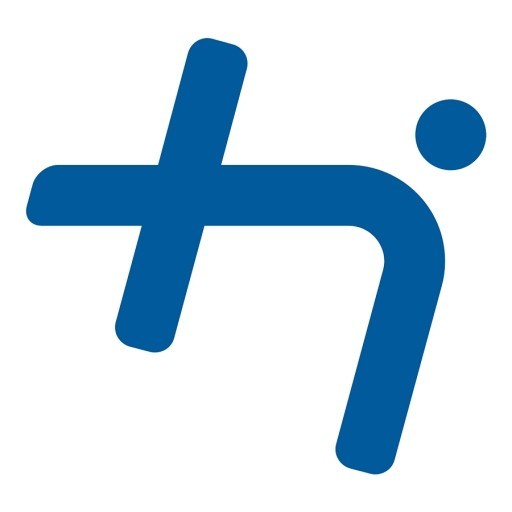Photos of university / #uppsalauniversity
Large or small, at the macro or micro level various phenomena are today studied on a computer screen. To be able to use, develop and apply computer simulations within a certain subject area requires not only a solid background in the actual subject field such as chemistry or physics, but also computational methods, advanced computers, software, programming, as well as statistical and mathematical models. The Master Programme in Computational Science provides you with this knowledge
Computational science is a multidisciplinary field where issues in areas such as chemistry, biology, physics and geosciences are studied, using advanced computers and software to perform numerical simulations based on mathematical and statistical methods.
The multidisciplinary character of computational science is reflected in the contents of the Master Programme in Computational Science. The courses provide knowledge of: Advanced multicore computer systems, Software and programming, Numerical and statistical computational methods, Mathematical and statistical models in for example physics, chemistry, biology or geosciences. Some of the characteristic courses of the programme are: Computational Physics, High Performance Computing and Programming, Optimisation, Programming of Parallel Computers, Scientific Visualisation.
The precise extent of each component will depend on individual selections. Through the wide range of elective courses the programme can be tailormade, taking into account each individual students educational background and areas of interest with regard to applications in science. The first course in the program is a bridging course in scientific computing, serving as a bridge between the program and your previous education.
Career
Computers are used to study problems within sectors where experiments are expensive or impossible to perform, or where systems are so complicated that simplified assistance models are insufficient. Important examples can be found within the environmental industry and the energy sector.
The use of tools based on computer calculations and simulations is currently increasing substantially within companies of different sizes and within many different sectors. Computer simulations can be performed within many areas such as weather forecasts, design of pharmaceuticals, development of new aircraft, or studies of greenhouse effects.
Computer simulations play a central role for increased understanding and product development within these areas, as well as in determining performance and other qualities for processes and products, or to optimise design and quality.
The programme also prepares for PhD studies in e.g. computational science, physics, bioscience and mathematics.
Degree
The programme leads to a Master of Science (120 credits) with Computational Science as the main field of study.
In general, the two-year programme gives a total of 120 credits, which are distributed in the following way over different areas of study (with individual variations):
Year 1
- Courses in scientific computing, 30 credits, for example:
- Scientific Computing
- Scientific Visualization
- Optimization Methods
- High-performance Computing and Programming
- Programming of Parallel Computers
Courses in some of the areas of chemistry, physics, biology, geosciences, mathematics or computer science, 30 credits, for example:
- Computational Chemistry
- Computational Physics
- Database Techniques
- Applied Mathematics
Year 2
- Courses in scientific computing, 15 credits
- Courses in some of the areas of chemistry, physics, biology, geosciences, mathematics or computer science, 15 credits
- Master thesis, 30 credits
Uppsala University provides several different scholarships for students. The scholarships cover exclusively the tuition fees for courses within the programme, i e 30 credits per semester.
Read more about scholarships on www.uu.se/scholarships.









